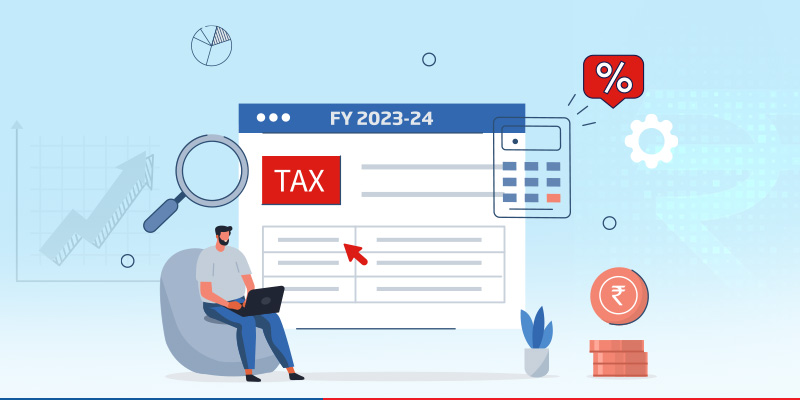
1. Individual Income Tax Rates:
For individual taxpayers, the income tax rates for AY 2023-24 remain the same as the previous financial year. The applicable tax slabs for individuals (below 60 years of age) are as follows:
a) Up to Rs. 2.5 lakh: Nil tax
b) Rs. 2.5 lakh to Rs. 5 lakh: 5% tax
c) Rs. 5 lakh to Rs. 10 lakh: 20% tax
d) Above Rs. 10 lakh: 30% tax
It’s important to note that a 4% health and education cess is applicable on the tax payable.
2. Senior Citizen Income Tax Rates:
For individuals aged 60 years and above but below 80 years (senior citizens), the income tax rates for AY 2023-24 are as follows:
a) Up to Rs. 3 lakh: Nil tax
b) Rs. 3 lakh to Rs. 5 lakh: 5% tax
c) Rs. 5 lakh to Rs. 10 lakh: 20% tax
d) Above Rs. 10 lakh: 30% tax
The health and education cess of 4% is also applicable in this category.
3. Super Senior Citizen Income Tax Rates:
For individuals aged 80 years and above (super senior citizens), the income tax rates for AY 2023-24 are as follows:
a) Up to Rs. 5 lakh: Nil tax
b) Rs. 5 lakh to Rs. 10 lakh: 20% tax
c) Above Rs. 10 lakh: 30% tax
The health and education cess remains 4% for this category as well.
4. Corporate and Business Tax Rates:
For domestic companies, the income tax rate for AY 2023-24 remains at 25%. However, certain specified companies may be eligible for a reduced tax rate of 15% or 22% based on certain criteria.
Conclusion:
Understanding the income tax rates applicable for the Assessment Year 2023-24 is crucial for individuals and businesses to effectively plan their taxes and comply with the tax regulations. It is important to note that tax rates may vary based on various factors such as age, type of taxpayer, and income slabs.
Proper tax planning and consultation with tax professionals can help individuals optimize their tax liabilities and take advantage of any available deductions or exemptions. It is advisable to stay updated with the latest tax laws and consult reliable sources or tax advisors to ensure accurate filing and compliance with the income tax regulations.
Remember, paying taxes is not only a legal obligation but also contributes to the nation’s development. Responsible tax planning and timely filing of returns help in maintaining a transparent financial record and contribute to the overall growth of the economy.
